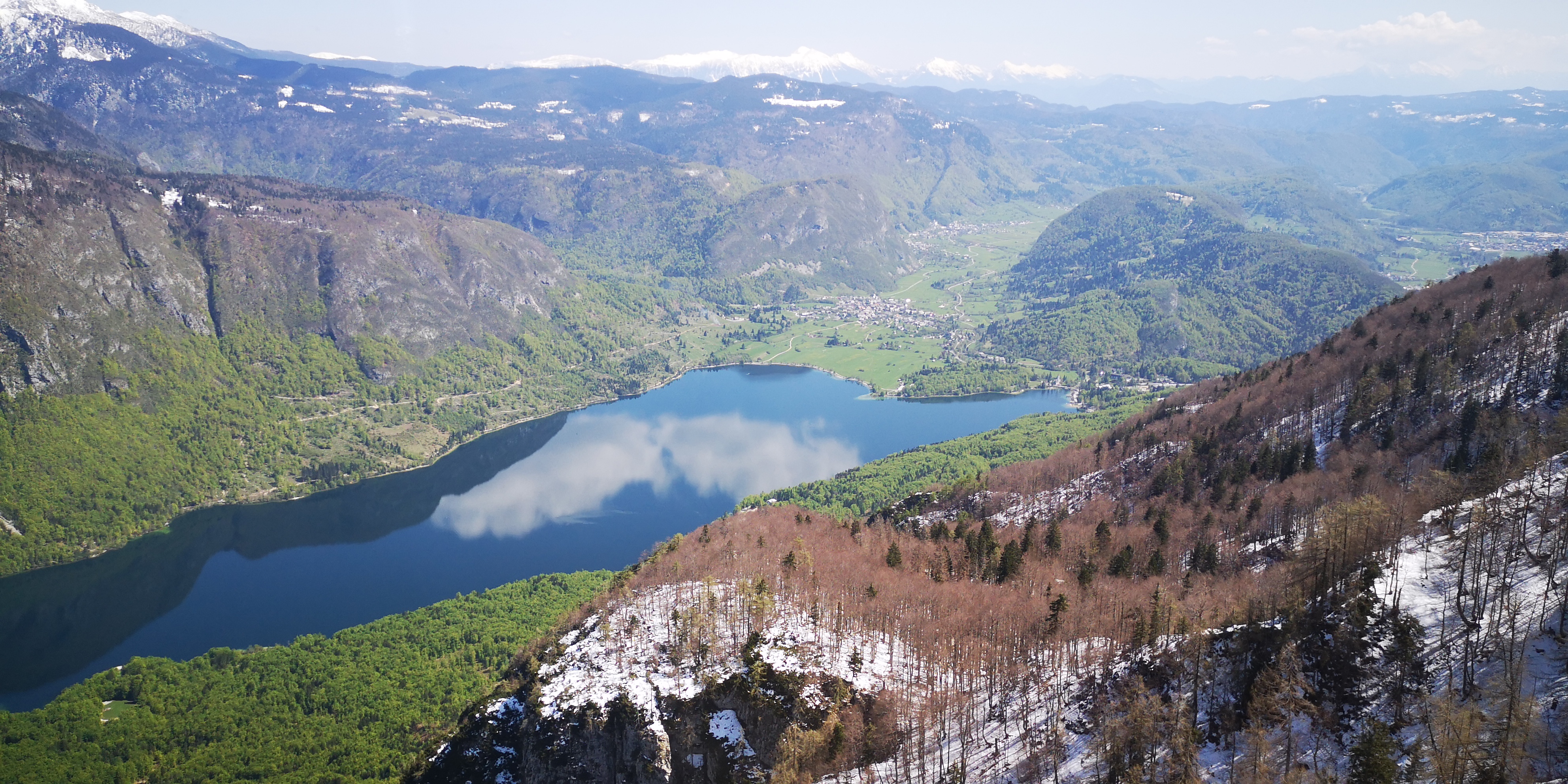
Being Exponentially Human in Slovenia
I am writing this post during one of the most mesmerising train trips I’ve ever experienced: from the beautiful Lake Bohinj in Slovenia through the heart of the Alps and crossing Austria and into Munich, Germany. The Alpine scenery is quite stunning during the Spring; with snow-capped peaks beautifully contrasting with the lush verdant valleys below where the train zig zagged. After lunch in Munich I took the high speed train to Berlin via Nuremberg.
At a stunning retreat centre in Slovenia (below) I had spoken at the “Being Exponentially Human” workshop focused on the next generation of European leaders who need purposeful leadership. It was organised by my friends Julia Von Winterfeldt and Dijanna Galijasevic. Their website is here:
https://beingexponentiallyhuman.com
After the popularity of the Singularity and Exponential Technologies (particularly in Silicon Valley), I started embracing the phrase ‘Exponential Humanity’ but then I discovered other – more famous writers – had embraced the meme so then I didn’t use it as much. It’s like when I thought I might have been the first futurist to be hammering home the need for an Ecological Civilisation, when it turned out that the Chinese government had in fact adopted the term for their national policy! But often memes and ideas appear simultaneously around the world during certain eras – even when the various authors haven’t even communicated. So what’s encouraging here is that more people realise that our future cannot merely be about technology. My personal view is that we are only just figuring out the immense potential of our own minds with the convergence of neuroscience and buddhism (mindfulness) and new more fringe research on consciousness and even the paranormal. Advances in quantum mechanics actually give some of the amazing discoveries a theoretical underpinning. My message has been yes, the robots are coming and AI is advancing, but we don’t need to remain static. Humans can – and will – evolve as well.
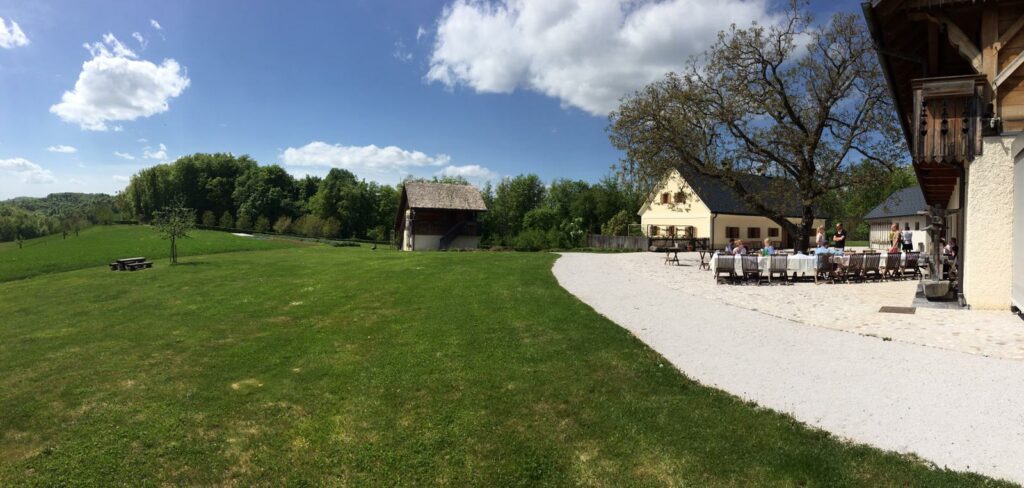
Our workshop was focused on purpose but we did touch on a whole host of topics such as creativity and the mind. My friends Julia Von Winterfeldt and Dijanna Galijasevic have adopted a framework from the True Purpose Institute. They suggest there are basically 4 layers to purpose
- Your true essence
- Your gifts
- Your Mission
- Your message
It is quite a nice simple framework. And really one must start from 1. In our modern society I can see there being a lot of pressure to jumping into 3 and 4, or 2,3 and 4. However, in my work coaching leaders I really like to emphasise 1, your true essence, because I think its always overlooked and not enough time is spent on it. This can be very personal to you and it doesn’t necessarily need to be communicated to anyone else. I encourage people to do nature-based vision quests to help figure this out. Well known vision quest guide and writer Bill Plotkin talks about one’s mythopoetic identity. This is an identity which isn’t necessarily linked to an occupation. He might also use the word soul – a term I’m fond of using. James Hillman, Carl Jung’s successor some say, wrote the book The Souls Code, asserting that our real life’s quest is to be one’s true self. We each have a deep longing to grow from the acorn into the oak or from a seed into the rose. Carl Jung was fond of encouraging people to consider their childhoods and what stirred them then. I was fascinated by fantasy and science fiction novels, playing Dungeons and Dragons and computer games, and also adventuring out on my bike looking to get lost, in order to find new neighbourhoods. Looking back at that was hugely useful to me and although I have phrases and symbols which are personal to me, ultimately it did help me forge my path into a new occupation.
I strongly believe that when you rediscover your true essence you will start to get better clarity on your gifts, and then everything else falls in to place. Yes its true many people end up in careers which they are not necessarily passionate about, and seem to be competent. They can enjoy life in the evening or at weekends. But when you do follow your passion not only might you have less anxiety in your life, you are likely to push yourself beyond your preconceived limits. At this important time of human history, I do think we need more passionate leaders who are using their imagination and creativity.
My Talk at Being Exponentially Human
In my talk I shared the notion of the human odyssey and referenced Joseph Campbell’s Hero’s Journey. I think that this might be a better framework than 5 steps to being creative, imaginative or a futurist leader. The odyssey suggests can break free of the ‘ordinary life’ and embark on a dynamic journey into the unknown. In fact this is the only way to find ourselves. And we can’t be on our own journey if we are following someone else’s footsteps. Like the Knight of the Grail, we must forge into the dark forest from where we are. The hero’s journey means we must overcome our own fears, entering caves we don’t want to enter and fighting gruesome monsters. But there will be helpers and mentors along the way to aid us on our journey. Ultimately we might have an apotheosis and discover our true selves, the ‘divinity within’ as I like to call it. I explained my journey in this framework, highlighting the huge fears I had – such as public speaking and even flying – and the gifts which I received from tackling them head on and overcoming them. I also mentioned how adversity can be transmuted into something really positive – from my younger sisters tragic death to my stint in a rehab centre in South Africa.
Some of this is covered here at my ‘Alternative Resume’:
https://www.benjaminjbutler.com/my-journey-so-far/
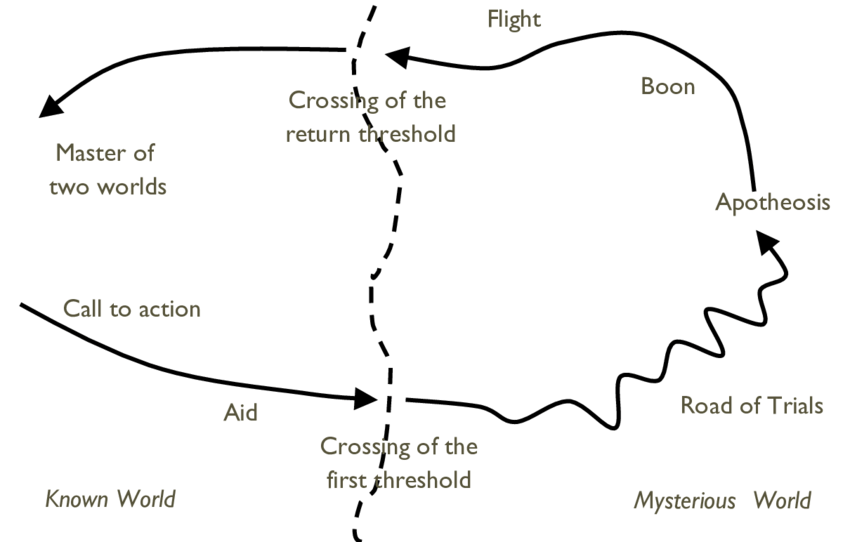
Its interesting how some participants – as enthusiastic as they were – didn’t believe their corporations were changing quickly enough. There were many Germans in our group and they were worried about their nation’s future as they are quite conservative and they see all the change in the world. But when you zoom out you can see the changes everywhere. Whilst some those who were at large corporates were complaining, we also had a contingent of creative people from the Berlin blockchain community. One ran the blockchain group at major telecom company, highlighting that change is transpiring everyone. You just have to look for it.
As the industrial age ends, humanity needs to tap into its creativity and ability to work with each other. I am arguing for an Ecological Civilisation. And so leaders in this new era will need to enhance these ‘softer’ skills. Already surveys by bodies like the World Economic Forum are highlighting this need for organisations of the future, suggesting that creativity and EQ etc will be really key.
The other thing I highlighted in my talk was the fact that you might not always need pieces of paper to pursue your calling. At times they can help but obsessing about them can hold you back , and can inhibit your creativity. I told them about my numerous career reincarnations (from stock broker to investor to venture capitalist to consultant to futurist) and also my memorable encounter with a Taiwanese Zen Master in a small tea house in the back streets of Shanghai. A lady said to him: “Zen Master, I heard that you are also a famous and adept Tai Chi teacher,” to which he responded “Apparently so. I never learnt Tai Chi, but I can teach you.” Some of the greatest geniuses I’ve met were never taught.
It’s also touching being on these retreats when you see people yearning for more creativity, more connection and more love in their lives. It’s inspiring to witness when new doors are opened and breakthroughs happen. One beautiful soul realised how depressed she was about the drudgery of her day job. I explained my approach to decision-making now after suffering from procrastination for years. If something is bothering us, we must face it, and face it with a decision. It could be a decision to fully accept and love the situation. It could be a decision to change the situation in 3 months time, and thus spend the next 3 months preparing. Or it could be a decision to change the situation immediately. The important thing is the self-responsibility of a decision now. After a deep conversation I intuitively asked whether she had thrown something on the fire at the end of the retreat, a ritual we were invited to participate in. She suddenly realised she hadn’t despite having this deep revelation about her life, so she went back and put something on the fire. I do hope she made a decision that day. I have been a master of procrastination in my own life at times. In fact the first book I read about happiness nearly 20 years ago kept saying that the enemy of happiness was procrastination. I had to give up reading the book one third of the way through as I realised I wasn’t ready to give it up – yet!
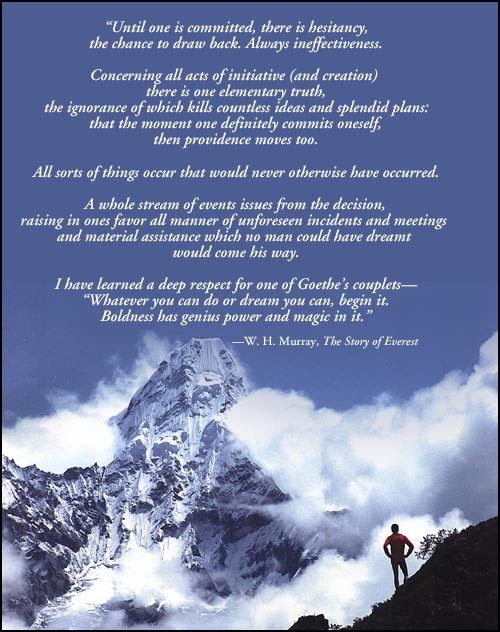
After the retreat, I spent a couple of days wandering around Ljubljana which is a small but beautiful city. The symbol of the city is the dragon, and there are legends that a local dragon was killed by Jason of the Argonauts after he had got the Golden Fleece, or alternatively by St George. Slovenia has been part of European history for a long long time and many don’t realise this. One of my highlights was a coffee with Urban Kordes, a Professor of Cognitive Science at the University of Ljubljana. He had given a talk at the workshop and emphasised the importance of randomness in one’s life so you don’t get stuck in some algorithm. He used the frameworks of cognitive science to highlight this. It’s amazing how many of us don’t realise the programs we are following. I would say the way out is doing new things and following one’s intuition as well as self awareness, which can be cultivated by meditation and mind training like zen.
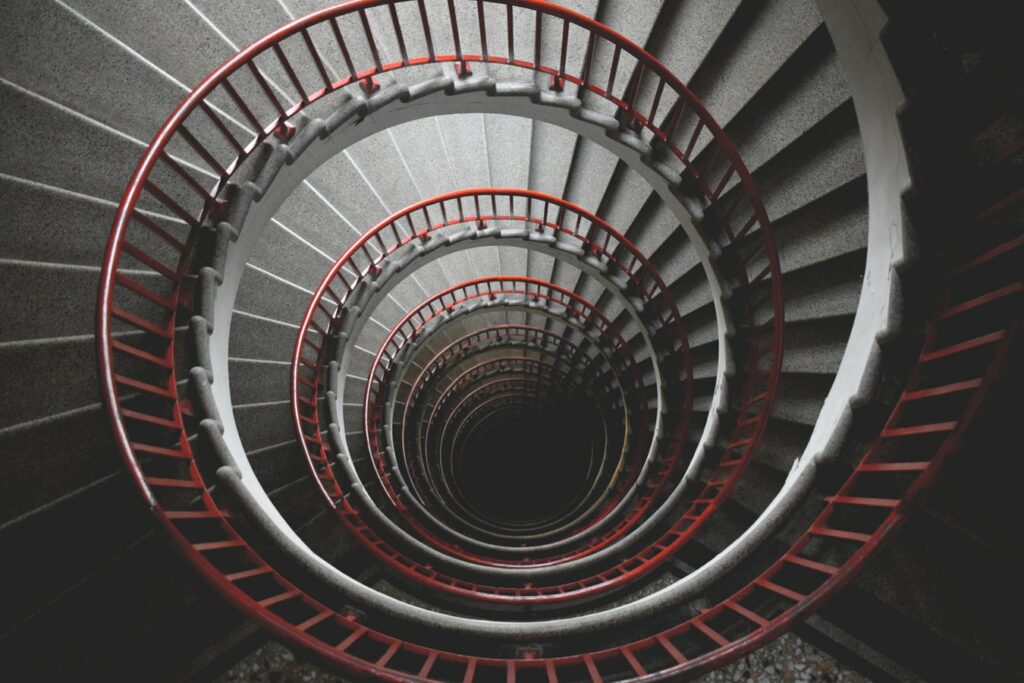
In the spirit of his talk and our conversation, I suddenly decided to visit Berlin after being invited by some members of the workshop to go there. And I had some other business to do – Martin Wezowski (the Chief Designer and Futurist at SAP) have been trying to engineer a lunch for months. Rather than just take a flight there, I went to the beautiful Lake Bohinj at the southern edge of the Alps. I ran around the lake on the first day, it was about 11km and then had a dip. Then the next day, I took a lift to the top of the moutanin taking in the panoramic scenes of the mountains. It was surreal to be surrounded by snow one minute and then go back to the verdant green below and plunge myself into the (still icy) waters of the lake. I also got to visit the famous waterfall which inspired Slovenia’s greatest poet to write Baptism at the Savica. Apparently the poem refers to Slovenia’s conquest and his friends conversation from Paganism to Christianity. As I went through my normal rituals of plunging into the lake and communing in nature, I wondered whether a new form of paganism was returning to the world, this time in harmony with the established religions like Christianity. I love trying to forge a connection with inspiring people from a different age. I was reminded of the trips I had taken across Japan, seemingly guided and connected to the great Zen teacher and poet Basho. And here I was at one of Europe’s most stunning lakes and waterfalls following the footsteps of France Precheren. I didn’t even know who he was 2 weeks ago, until I read a about Slovenia by chance. I managed to buy a book of his selected poems and read it by the lake. The second one is called “To the Poet” and starts with “To whom it is given to lighten the soul-freeting-gloom.” Thats my job, I thought, as a Futurist – to help create narratives and stories to inspire a positive and soulful future.
Gosh, life is interesting when you jump off the beaten path, or in European ski-speak, you go off piste.
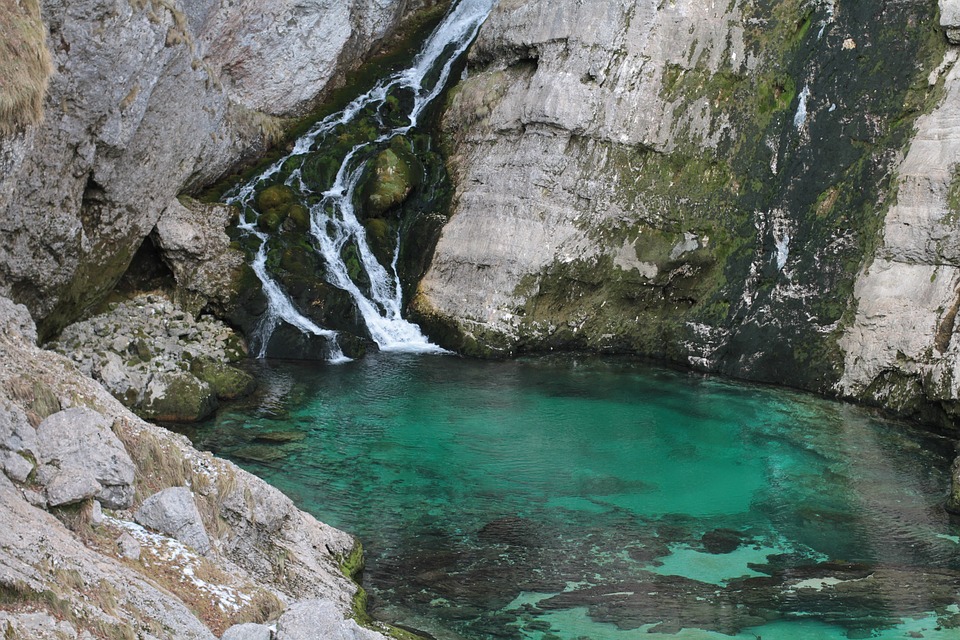
Looking forward to reporting about Berlin, where I will meet and learn from many creative thinkers and artists as I prepare for my next keynote at one of the largest companies in Europe.
